UPDATE UK Gov Consults on New Broadband Supplier Procurement Process
The Government has launched a consultation to help it decide upon a new procurement approach for future state aid supported broadband deployment projects under the national Broadband Delivery UK programme, which is unable to sign new contracts until an agreement can be reached.
At present BDUK is predominantly working with BT, and a few smaller altnet providers, in order to ensure that 95% of the United Kingdom can access a superfast broadband (24Mbps+) service by 2017/18. So far nearly all of the contracts needed to do this have already been agreed under the old EU state aid approval and BDUK framework.
However the original umbrella agreement with Europe expired at the end of June 2015 and since then the Government has been busy trying to negotiate a new arrangement (details), which has taken longer than expected. Unfortunately no new contracts can be signed until an agreement is reached, unless of course they go outside of the BDUK framework.
As part of this effort the Government’s Department for Culture, Media & Sport (DCMS) has begun a Market Engagement Consultation, which is “seeking views from Local Authorities / Devolved Administrations and operators of broadband networks regarding a proposed new procurement approach that would form part of a new state aid decision.”
Statement from the Market Engagement Consultation
As part of these discussions between BDUK and DG Comp, a new approach has been developed which has incorporated learning from both organisations since the approval of the previous decision in 2012 and reflects the publication of the 2013 Broadband Guidelines.
A key principle of these Guidelines is that networks built with public funds should where possible offer full open access, which requires the network operator to offer access to any part of the network for any purpose.
The proposed approach aims to achieve the following:
● Optimise the number and quality of bidders, in particular reducing the hurdles to participation in procurements by smaller suppliers;
● Align supplier incentives to maintain competitive tension as far as possible.While Local Bodies have the option of procuring networks that would only require open access networks, based on discussions with the market, BDUK anticipates that such procurements may not always yield suitable bids. For example, if potential bidders consider that the value from new broadband customers is offset by the risk to existing business customers as a result of opening up their network.
Working with the Commission, BDUK has developed an approach to mitigate this risk through a procurement approach that would consider a reduced form of network access, where no suitable open access bids are submitted. This would be compatible with State aid rules while supporting deployment in the context of the marketplace across the UK.
Last month BDUK informed ISPreview.co.uk of their belief that they could reach a more acceptable compromise in time for the end of February 2016, which they claimed would retain the required “full open access’ basis“.
The above approach suggests that BDUK may soften the ‘open access’ requirement, which could attract some more altnets to bid on future broadband contracts (altnets tend to prefer closed networks in order to better protect their investments, although this can also result in less choice of ISP for consumers). However there are several options on the table for the funding and delivery side of things.
The Different Delivery/Funding Model Options
● Investment Gap Funding: An Implementing Body or Bodies procures broadband infrastructure outcomes from a private sector supplier (a single supplier or a consortium) through a service contract.
● Public private partnership: An Implementing Body or Bodies form a Joint Venture (“JV”) or Special Purpose Vehicle (“SPV”) with a private sector supplier or suppliers. The JV or SPV would invest in, and provide, broadband infrastructure services to end customers (e.g. service providers/retailers wishing to use the infrastructure network) through service contracts, with the public body and supplier sharing the profits or liabilities.
● Concession to Build-Operate-Transfer: Under this approach an Implementing Body lets a concession contract to build, operate and generate revenues from a network, which returns to public ownership at the end of the contract (e.g. North Wales Fibrespeed).
● Public sector owned supplier: Under this approach, an arms-length company, owned by one or more Implementing Bodies, would invest in, and provide, broadband infrastructure services to end customers through service contracts.
Hopefully they’ll avoid the “public sector owned supplier” approach because putting the public sector / politicians in charge of an alternative broadband network doesn’t always seem to work out so well (e.g. the failed Digital Region project in South Yorkshire).
The consultation is due to close on 24th February 2016, which rather suggests that the Government will not achieve the desired state aid approval in time for the end of next month. As such it may also be a struggle for them to finalise something in time for the next budget announcement.
Meanwhile the wait goes on to see if any additional state aid funding will be made available to tackle parts of the final 5%. At the same time some delayed Phase 2 BDUK contracts, such as the stalled Devon and Somerset scheme, will similarly have to continue twiddling their thumbs for a little while longer (mind you we recently heard that CDS may not now enter procurement until later this year anyway).
UPDATE 1st Feb 2016
We understand that BDUK are now encouraging everybody with an interest to respond, not just operators and local authorities.
Mark is a professional technology writer, IT consultant and computer engineer from Dorset (England), he also founded ISPreview in 1999 and enjoys analysing the latest telecoms and broadband developments. Find me on X (Twitter), Mastodon, Facebook and Linkedin.
« Ofcom UK Introduces New Business Broadband Speed Code of Practice
Latest UK ISP News
- FTTP (5533)
- BT (3518)
- Politics (2542)
- Openreach (2299)
- Business (2267)
- Building Digital UK (2247)
- FTTC (2045)
- Mobile Broadband (1978)
- Statistics (1790)
- 4G (1669)
- Virgin Media (1621)
- Ofcom Regulation (1466)
- Fibre Optic (1396)
- Wireless Internet (1392)
- FTTH (1382)
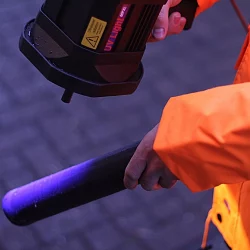

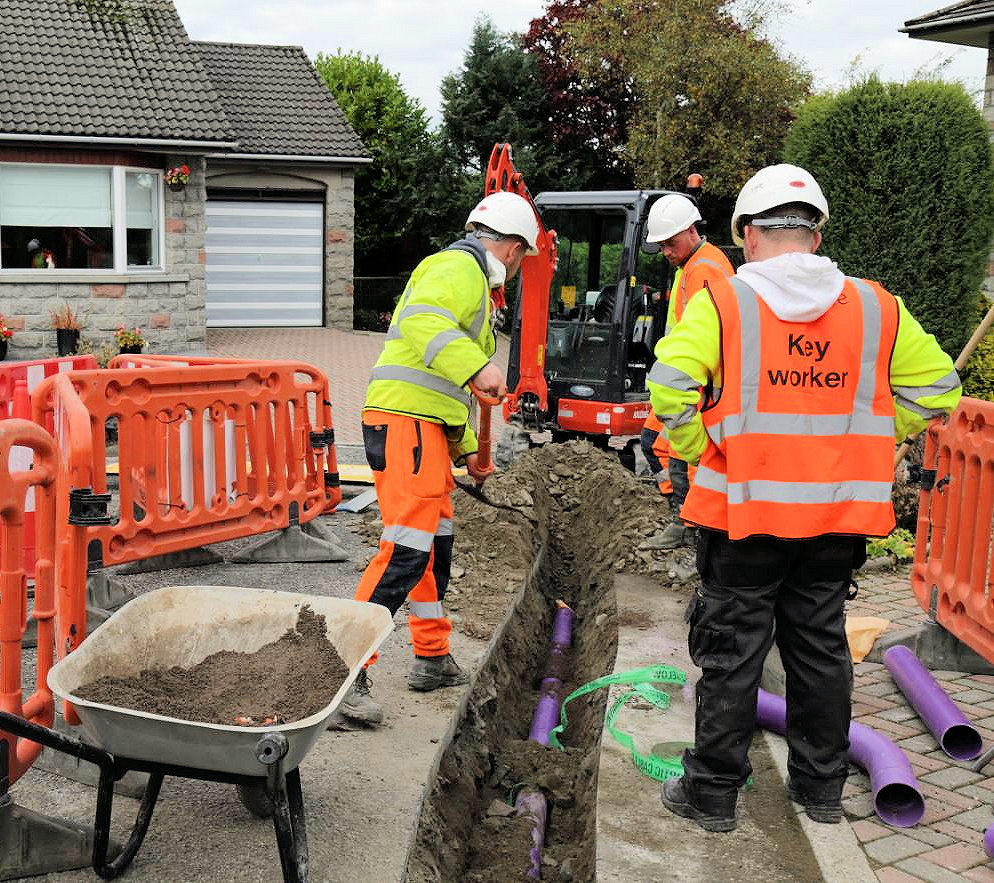

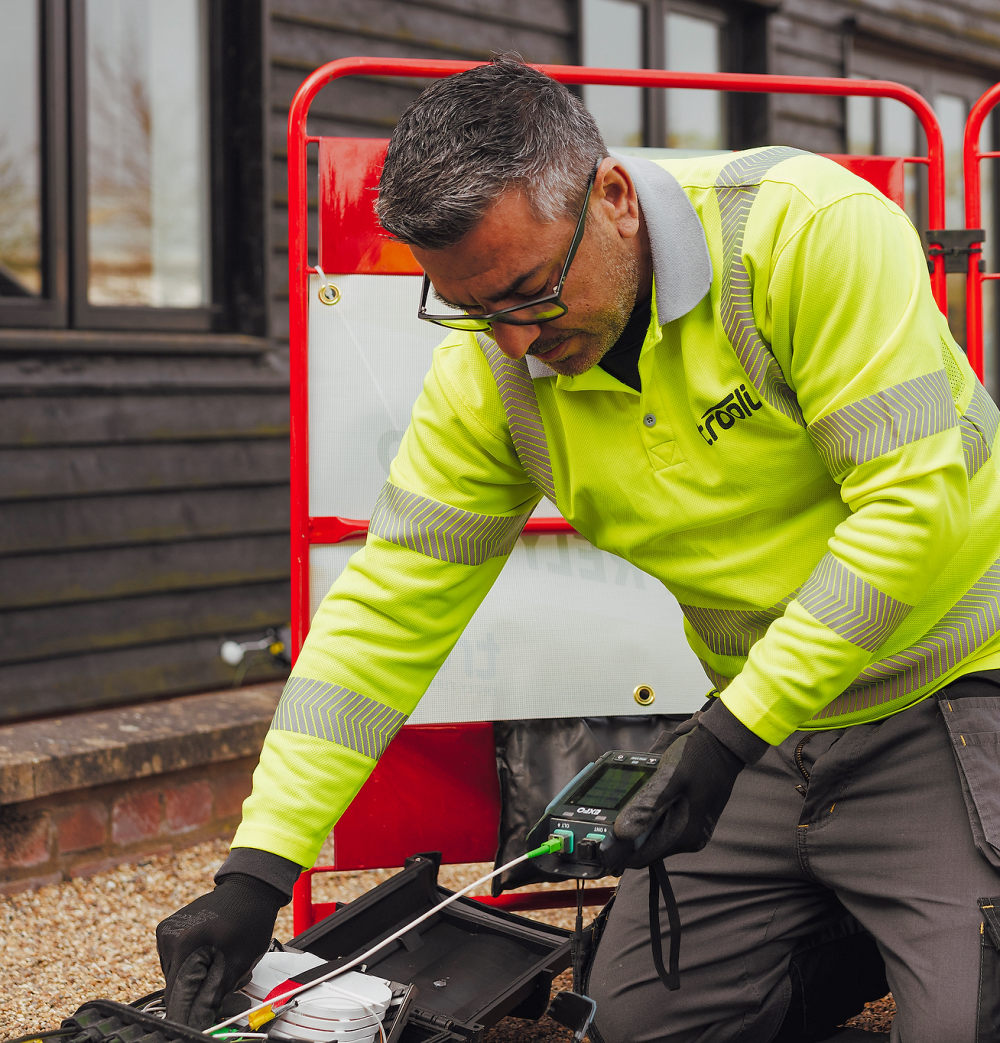
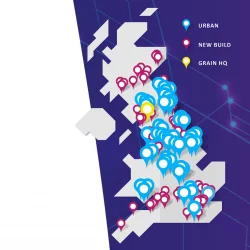











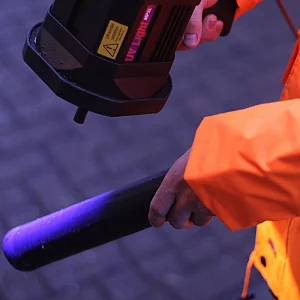

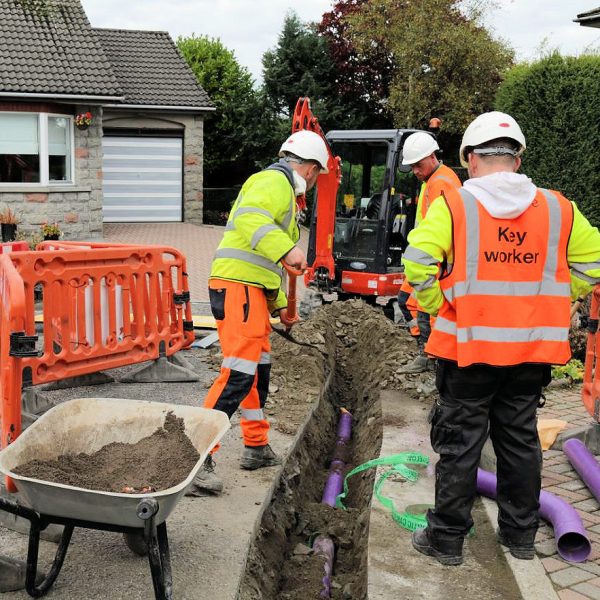

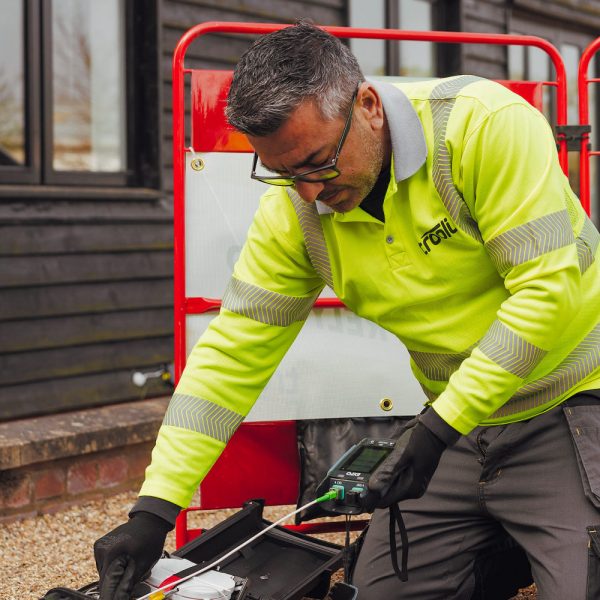


































Comments are closed